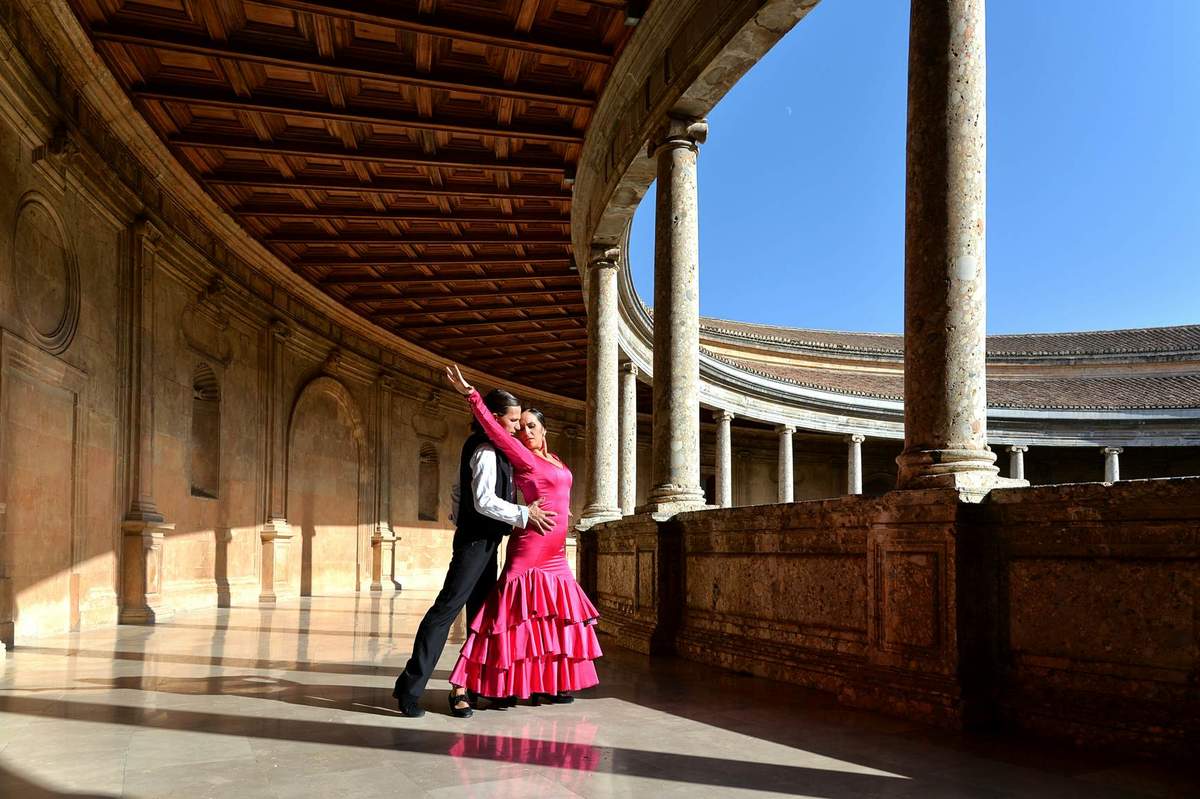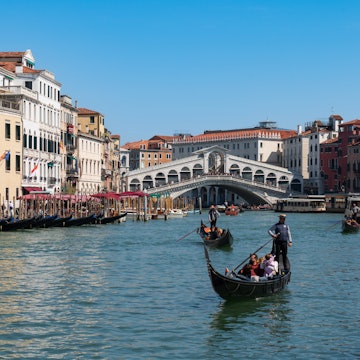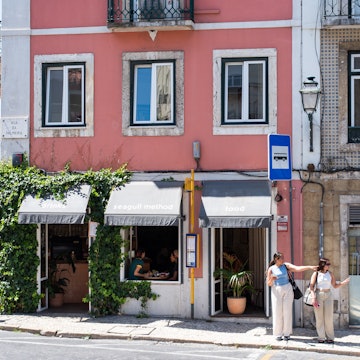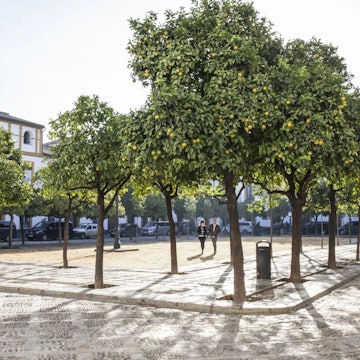

Cáceres in Extremadura. joserpizarro/Shutterstock
Compared to the rest of Europe, Spain is easy on the eyes and even easier on the wallet. Between the low cost of food and drinks and the ease of finding budget accommodations outside of large city centers and resort areas, your Spanish holiday doesn’t need to be extravagantly expensive.
Trimmed with nearly 5000km (3107 miles) of sparkling coastline and interspersed with dazzling parks, Spain has many beautiful places that you can see for free. Or if you prefer cities, you can sync your sightseeing with free entry days to make the most of your time – and money – in Spain.
Pick lesser-known regions
Although Spain has lots of open space where you can come upon a pretty village or hike a quiet mountain trail, you don’t need to go that far to get off the beaten path. Trade Madrid, Barcelona or Ibiza for midsize cities like Valencia or Bilbao, or less-populated regions like Extremadura or Aragón, and you'll find far fewer crowds clogging the streets, especially during the high season.
Seek out free walking tours
In lots of Spanish cities, guides offering free walking tours can give you a good introduction to the place. You don’t have much to lose on a free tour, but keep in mind that tipping is expected at the end.

Travel during the off-peak months
The cheapest months to go to Spain are the cooler ones: either January or February, when the fun of the holidays has passed and the chillier weather keeps most other tourists away. Although temperatures do drop during these months, you will still find some people enjoying the warmth of a sunbeam at an outdoor cafe.
Have some cash on you
In most places in Spain, you will be able to tap your credit card and be on your way. However, from time to time you may find yourself in need of pocket money, especially if you’re traveling in a more rural area. When it comes to how much cash you should carry, try to keep between €20 and €30 (US$23–45); more could be risky, as pickpockets are an unfortunate problem on public transportation and crowded tourists areas.
Opt for public transportation from the airport
As long as you’ve packed light, it’s worth getting from the airport to the city center on your own. This is pretty easy in cities like Barcelona, where Aerobus deposits you at Plaza Catalunya, and Madrid, where you can take the metro to the center, though you might have to transfer lines to get where you’re going.

Stay in hostels
Hostels are quite common throughout Spain and are a great way to save money on accommodations. Although prices are higher in major cities, it’s a different story along the Camino de Santiago. On the pilgrimage route, hostels are known as albergues, and each town you’ll pass through will have a variety of lodging options at various price points for the long-distance walkers. If you are visiting cities, avoid traveling during major events – including music festivals and marathons – to avoid hiked-up prices
Camp in rural destinations
Including the Canary and Balearic Islands, Spain has a total of 16 national parks, plus hundreds of smaller parks in between. You can find campsites on the coast or in the mountains with a range of amenities, from minimal wild spots to souped-up camping resorts with hot showers and restaurants. The WeCamp chain of campgrounds has multiple locations around Spain and also offers bungalows and glamping tents if you don’t have your own gear.
Get cheap museum tickets or go for free
Spain is dripping in cultural heritage, from the impressive art legacy on view in Madrid to the country's contemporary fashion and modern architecture. In cities like Seville you’ll perhaps have too many museums to choose from.
Thankfully for budget travelers, tickets aren't always overpriced, and some institutions even offer free entry during certain days or hours. It’s worth checking in advance to see if your visit lines up with any of these fortuitous time slots.

Spend the night in a monastery
It's a travel budget hack for seasoned Euro-trippers: many monasteries throughout Europe do double-duty as guesthouses for weary travelers. Accommodations are typically simple and cost less than €100 (US$116) per night – and no, you don’t have to be a believer to check in.
They can be tricky to find though: start by searching around your intended region and you might surprised. For example, the Reial Monestir de Santa Maria de Poblet, an hour’s drive away from Barcelona, hosts guests starting at €73 (US$85) per night – and it’s a UNESCO World Heritage site!
Make the most of free attractions
You might think that visiting a big city always has to be expensive, but in some of the major tourist areas in Spain, you’re just as likely to stumble upon incredible historic places simply by wandering around.
In Barcelona, for example, you can pop into El Born Centre de Cultura i Memòria to see Roman ruins protected under the roof of 19th-century market, and in Seville, there are free nightly flamenco shows at La Carbonería.
Use public transportation, but skip the tourist ticket
Public transportation in Spain is affordable, clean and as relatively reliable as anywhere else in the world. Whenever possible, opt for the bus or metro over a cab, but think twice before you buy an unlimited multiday pass. While it could be useful, it doesn't always save you much more money over buying single tickets as needed, and in the end, you may find that things are more walkable than you initially thought.
If you really want a great deal, keep your eye out for promos and combos. These are mostly targeted at locals looking to get away for a weekend, and the savings can be persuasive. For example, for a day of skiing from Barcelona, you might find a package that includes a round-trip train ticket to the Pyrenees and your lift ticket in one price.
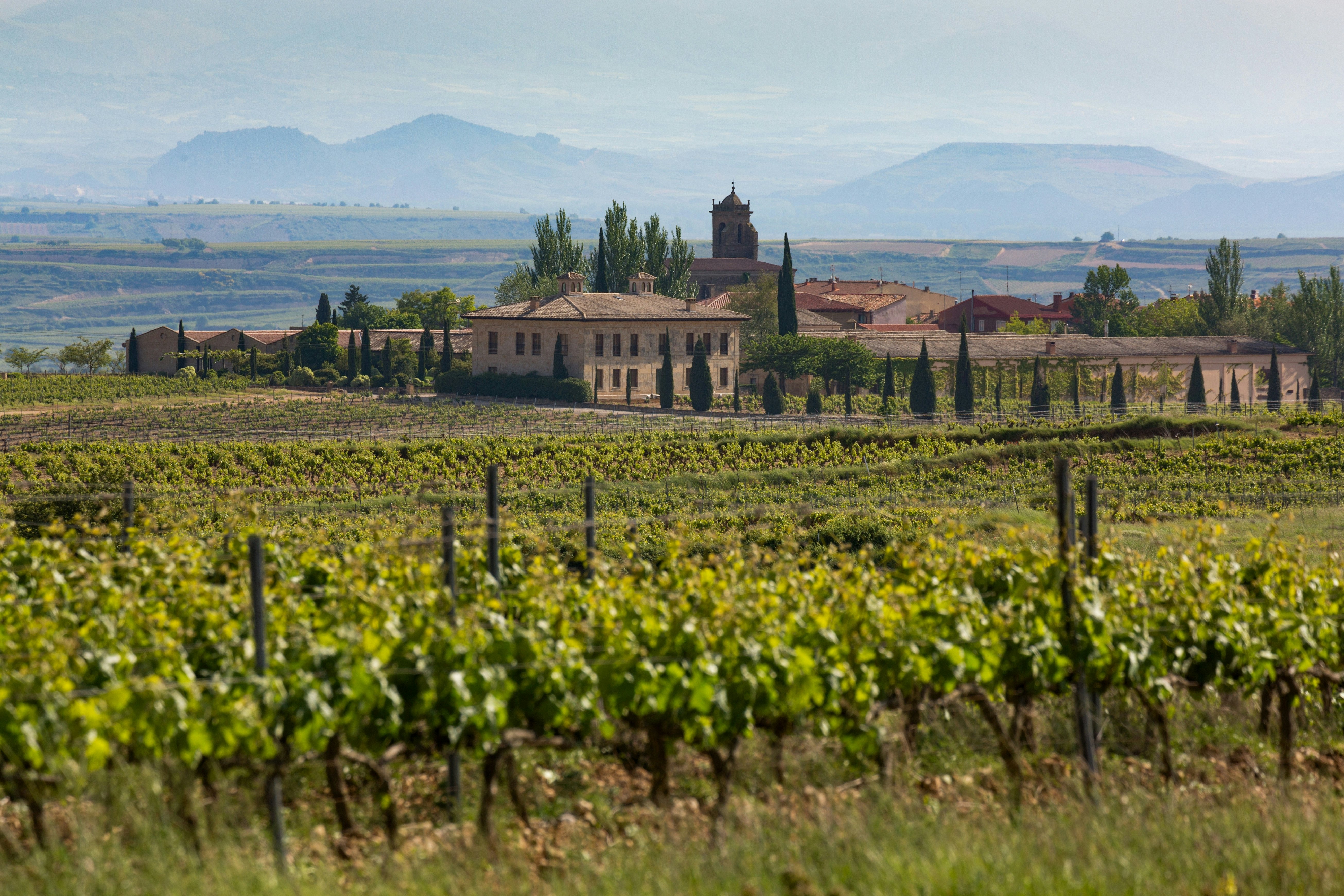
Book a day tour to get to hard-to-reach places
You might not be able to reach some places in Spain by train or public transportation, and getting there can be a real hassle. Avoid the fuss of renting a car by looking for a tour operator that can get you there and back to your hotel in one day. These are particularly useful if there’s a nearby wine region or you fancy a beach excursion somewhere up the coast. Tours are not always cheap, but for the time you save, they can be pretty good deals.
Pack a picnic
Tapas are usually cheap, but you don’t necessarily need to eat out for every meal in Spain. In fact, you will find many locals enjoying packed lunches and snacks on a picnic blanket at beaches and in public parks. You can find pretty good pickings in the mini markets, which also sell ham, cheese, fresh fruit and your garden variety Spanish snack foods – plus very affordable Spanish beers.
Daily costs in Spain
The average daily cost per person is €150–200 (US$174–233).
Night in a hostel room: €20–30 (US$23–35)
Night in a basic hotel room for two: €80–150 (US$93–174)
Night in a self-catering apartment: €80–300 (US$93–349)
Public transportation ticket: €1.50–3 (US$1.75–3.50)
Coffee: €1–3 (US$1.15–3.50)
Sandwich: €3–6 (US$3.50–7)
Dinner for two: €24–50 (US$28–58)
Museum ticket: €15–20 (US$17.50–23)
Tapas: €4–12 (US$4.50–14)
House wine: €3–5 (US$3.50–5.80)
Beer: €2–5(US$2.30–5.80)






